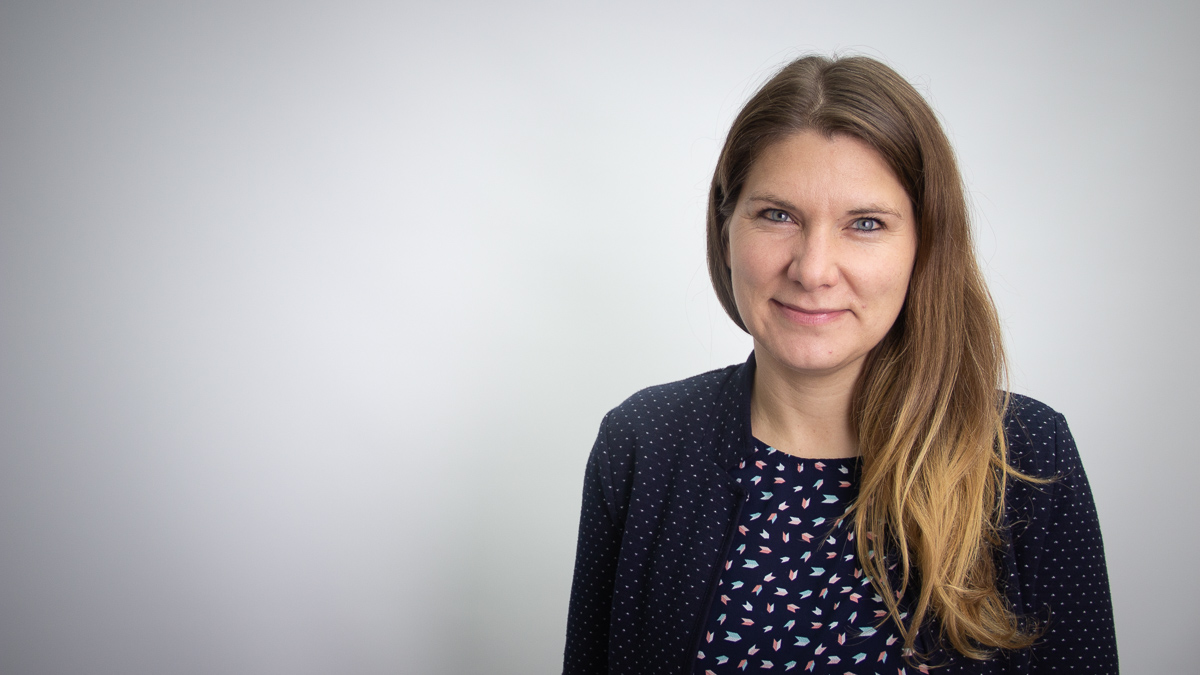Our paper theorizes a class of organizations whose main purpose is to coordinate the deliberative process of meaning-creation in an institutionally complex organizational field. We claim that such Field-Configuring Organizations are gaining importance, because emerging societal issues increase interdependency among hitherto autonomous actors. Such organizations permanently coordinate interactions among institutionally diverse members of the organizational field, who often draw on competing logics. We integrate literature on organizational fields with that on organizational design in order to address (a) why and under what conditions we could expect to observe members of an organizational field establishing an organization dedicated to continually structuring the process of meaning-creation, and (b) how activities are divided up and coordinated within such an organization in order to achieve the effective production of collective outcomes.We identify interdependency between members of an issue-driven organizational field as the salient structural factor that – together with the recognition of coordination inefficiency as an opportunity by a strategic actor with valuable organizational capability – leads to the establishment of a Field-Configuring Organization. Such an organization is characterized by the coexistence of technical and cultural work performed at the temporary periphery and the stable core of the organization. Organizational members develop both trading and political capabilities that enable balancing between decentralized initiatives and centralized decision-making.


